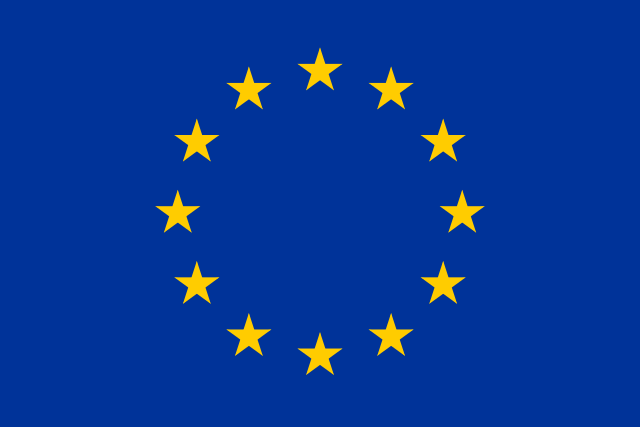The National Biosafety Management Agency (NBMA) says it is collaborating with the German Government to mitigate potential risks associated with the development and deployment of Genetically Modified Organisms (GMOs).
Dr Agnes Asagbra, Director- General, NBMA, disclosed this at the training on risk assessment within the field of biosafety management on Monday in Abuja.
She said that the synergy would boost knowledge exchange; the collective capacity to anticipate, evaluate and mitigate potential risks associated with the development and deployment of biotechnologies, genetically modified organisms, as well as other relevant applications.
“Throughout this training, we have the unique opportunity to engage with experts who have come all the way from Germany to share insights, and cultivate a deeper understanding of the principles and methodologies that underpin effective risk assessment frameworks.
“Today marks a significant milestone as we come together to delve into the complexities of risk assessment, a fundamental aspect of our efforts to ensure the safety of human and animal health, plant life, the safety of our environment, and the integrity of our scientific endeavours.”
According to her, the agency is committed to advancing understanding and practices in biosafety.
“The importance of robust risk assessment processes cannot be overstated, particularly in the context of biosafety, where the implications of our actions resonate deeply with public health, environmental sustainability, and socioeconomic well-being.
“The knowledge and skills gained during this training will not only enhance our individual capacities but also contribute to the broader mission of safeguarding public safety and environmental integrity within our respective spheres of influence,’’ she said.
Also, Mr Hermann Broll, Chief Scientific Officer, German Federal Institute for Risk Assessment. said that to curb risk assessment on GMOs, there was need to know what people were eating.
“In this institute, we are responsible for not only risk assessment but also for risk management it is our own mandate to run the risk assessment, we work individually and don’t run risk assessment with companies.
“We also access consumer products for biological safety we also deal with risk communication we sensitise consumers on risk related products and what consumers should do to avoid risks.
“There is also a unit in our department dealing with nutrition; because food allergies is big issue in Europe; some persons have allergies against peanuts which is severe; so, it is important to identify peanuts in products to curb allergies,” he said.(NAN)
By Abigael Joshua




